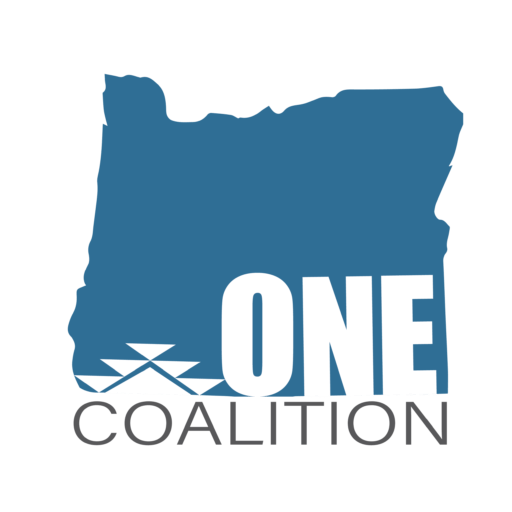The 2018 Farm Bill

“For decades, federal law did not differentiate hemp from other cannabis plants. Hemp was considered a Schedule I drug; therefore, Sec. 280E applied. In December 2018, Congress passed the Agriculture Improvement Act of 2018, P.L. 115-334 (also known as the 2018 Farm Bill), which descheduled hemp from the Controlled Substances Act. Hemp is a plant from the cannabis family, but hemp does not contain more than 0.3% THC, the psychoactive compound found in cannabis. (For more on this, see the preceding item, “Industrial Hemp: A Growing Industry.”
Under the 2018 Farm Bill, the states and the federal government share regulatory power over hemp cultivation and production. Under Section 10111 of the Farm Bill, state departments of agriculture must consult with each state’s governor and chief law enforcement officer to devise a plan and submit it to the U.S. Department of Agriculture (USDA). A state’s plan to license and regulate hemp can commence only once the USDA approves it. In states opting not to devise a hemp regulatory program, the USDA will construct a regulatory program under which hemp cultivators in those states must apply for licenses and comply with a federally run program.
Ultimately, the 2018 Farm Bill legalizes hemp, but it does not create a system in which people can grow it as freely as they can grow, for example, tomatoes. This is a highly regulated crop in the United States for both personal and industrial production. Cannabidiol (CBD) is a natural compound found in the flower of the cannabis plant, including both the hemp and marijuana varieties. The difference is that CBD derived from hemp does not contain THC. Consequently, while federal law still prohibits the cultivation and sale of marijuana, hemp and CBD are legal at the federal level under the 2018 Farm Bill, so long as the hemp is produced in a manner consistent with the 2018 Farm Bill, associated federal regulations, associated state regulations, and by a licensed grower. All other cannabinoids, produced in any other setting, remain Schedule I substances under federal law and are thus illegal. The big difference between hemp and marijuana is that hemp is no longer listed as a Schedule I drug; therefore, Sec. 280E limitations no longer apply to hemp businesses. Hemp resellers and producers are still required to follow the inventory costing methods under Regs. Sec. 1.471, as mentioned above.
Beginning in 2018, small businesses are not subject to the uniform capitalization rules if their average annual gross receipts are $25 million or less for the three preceding tax years and the business is not a tax shelter. If hemp businesses qualify for this exemption, they will not be required to calculate a Sec. 263A adjustment.”
It is important to note that this form of legalization falls under the USDA, with protections in place for commerce across the US. Hemp based products have a huge opportunity for growth because they are not limited to the state jurisdictions that they originate from.
- By redefining hemp to include its “extracts, cannabinoids and derivatives,” Congress explicitly has removed popular hemp products — such as hemp-derived cannabidiol (CBD) — from the purview of the CSA. Accordingly, the Drug Enforcement Administration no longer has any possible claim to interfere with the interstate commerce of hemp products. This should give comfort to federally regulated institutions — banks, merchant services, credit card companies, e-commerce sites, and advertising platforms — to conduct commerce with the hemp and hemp product industry.
- Hemp farmers now may finally access needed crop insurance and can fully participate in USDA programs for certification and competitive grants.
- State and Tribal governments may impose separate restrictions or requirements on hemp growth and the sale of hemp products – however, they cannot interfere with the interstate transport of hemp or hemp products. We are hopeful that local and state officials will follow Congress’ lead, as well as the statements and resolutions of the World Health Organization and the U.S. Food and Drug Administration (FDA) that declare, after intense scientific scrutiny, that CBD is safe, non-toxic, and non-addictive.
- The FDA continues to exercise jurisdiction over the regulation of ingestible and topical hemp products. We applaud the agency’s continued efforts to crack down on bad actors who undermine the industry through misguided marketing claims. And while we are concerned about non-binding statements made by the FDA that have led some state and local officials to question the legality of the retail sale of hemp-derived CBD, we are hopeful that we can work with the agency to clarify that CBD – which their own scientists concluded has no abuse potential and does not pose a risk to public health – should not be withheld from Americans who count on it for their health and wellness.
SOURCE: https://madebyhemp.com/2018-farm-bill-hemp-cbd/
